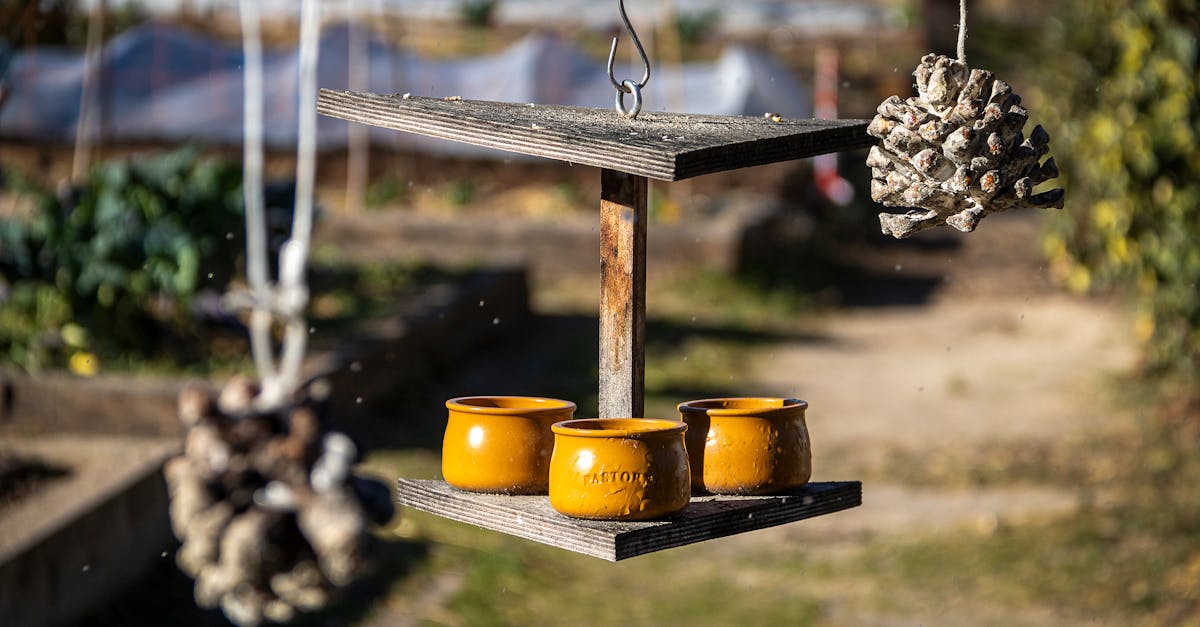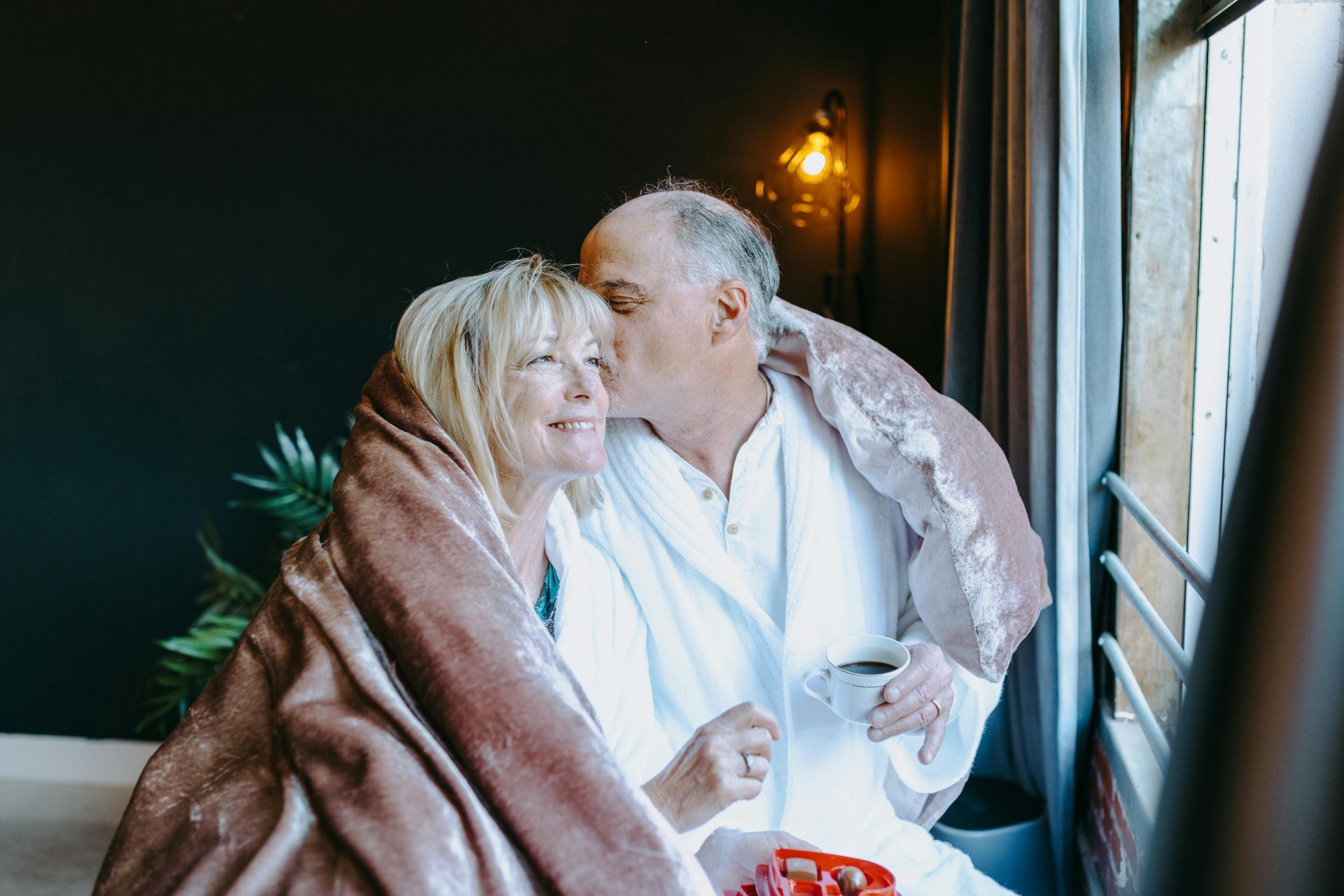In Defense of the Dilettante
When you think of a dilettante, what comes to mind? I imagine it is anything but a compliment. It is someone with no depth, who flits around at the superficial. According to the Merriam-Webster dictionary, the first definition provided of a dilettante is "a person having a superficial interest in an art or a branch of knowledge."
So far, so obvious. The question comes, is this negative connotation warranted? Indeed, the word's origin is very different, and it had a positive connotation when it was first introduced into English in 1733. It meant "an admirer of a fine art, literature, science, etc., one who cultivates an art or literature casually and for amusement." At that time, it was a borrowing of Italian dilettante "lover of music or painting," from dilettare "to delight," and from Latin delectare "to allure, delight, charm, please." Why would this be a bad thing? Surely pursuing delight, cultivating oneself for amusement, shouldn’t be something we look down upon, right?
Being a dilettante, in its original meaning, is not something to be ashamed of. It means being a devoted amateur, someone who cultivates a particular field or art for pleasure and enjoyment, rather than for professional reasons. The negative connotation of the word emerged in the late 18th century by contrast with professional, implying that dilettantes were superficial and affected dabblers.
But is anything but a professional unworthy? What is wrong with being an amateur? Must we get paid to derive meaning, or is embracing the pure joy, the delight, of the activity in question enough?
There is an immense joy and transformative power in lifelong learning, and becoming a beginner in the process. When we take on the role of a beginner, of a dilettante, we are able to think more like children freed from preconceptions, unburdened by expectations. As we age, we should not stick to what we already know and are good at. We should stretch ourselves and our minds. We should become beginners over and over again.
Tom Vanderbilt points out in his book Beginners: The Joy and Transformative Power of Lifelong Learning that Nobel laureates are 22 times more likely than average to be amateur actors, dancers, magicians, or other types of performers. Sure, being pro in something makes sense. However, leaving room to be an amateur in other areas also has its benefits. This indicates that being a dilettante can be a powerful source of inspiration and creativity, leading to achievements that might not have been possible otherwise.
When we become too focused on our professional lives, we can lose sight of the pleasures and benefits of being a dilettante. Our life should not be one long marathon where we pick one thing and grind through it to the end, but rather more like High-Intensity Interval Training (HIIT), where we mix things up and continually challenge ourselves. We should cultivate our interests and passions, whether they are related to our profession or not, and allow ourselves the freedom to explore new things and experiment.
Learning, and becoming a beginner in the process, is not just for the young. It should be a lifetime sport for us all. The benefits of being a dilettante go beyond personal fulfillment and creativity. It can also lead to a more well-rounded and engaged society. When people pursue their interests and passions, they bring a diversity of perspectives and experiences to the table, which can lead to innovation and progress.
All of this to say that the dilettante has been unfairly maligned to date, and I believe we should welcome, encourage, and celebrate dilettantism going forward. Being a dilettante allows us to develop and maintain a “beginner’s mindset.” It helps us to approach the world with fresh eyes, and to cultivate our interests and passions without the pressure of professional expectations. It is a powerful source of inspiration and creativity, leading to personal fulfillment and potentially even groundbreaking achievements. Learning, and becoming a beginner in the process, is not just for the young, but for everyone who seeks a more well-rounded and engaged life.











